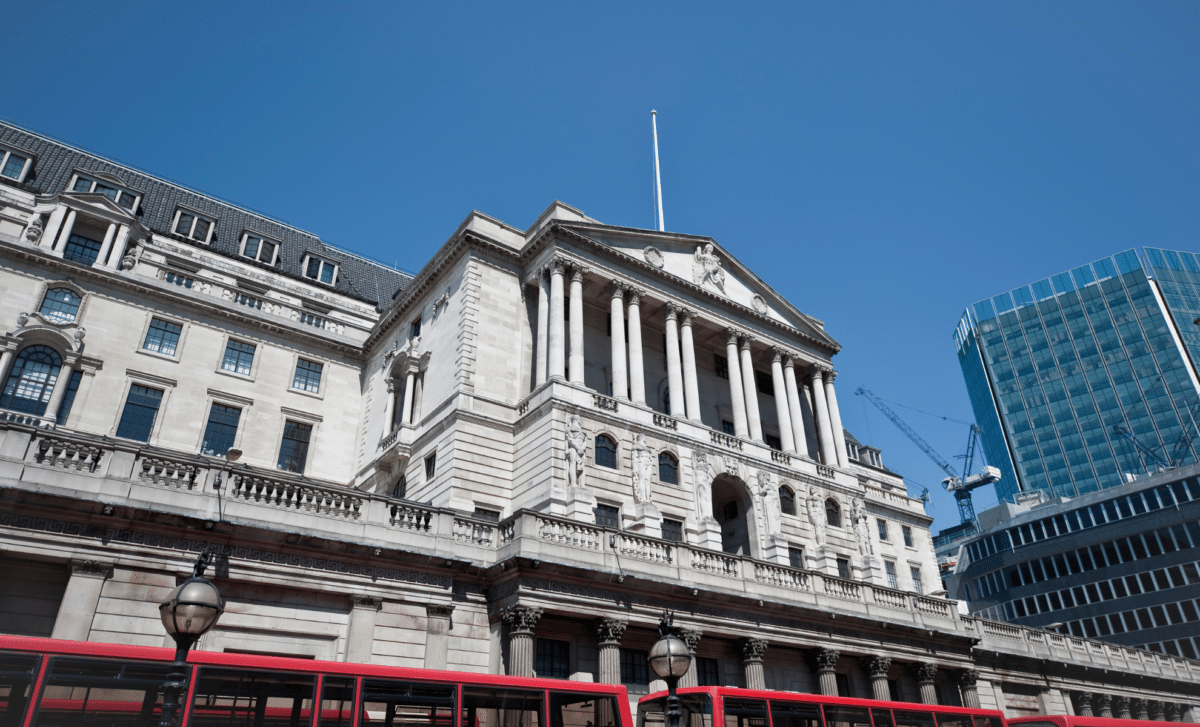The recent borrowing figures of the UK government have been a surprise to many. The nation’s finances seem to be under more strain than anticipated, with a reported borrowing of £8.4 billion for February alone. This figure not only surpassed economists’ expectations of £5.9 billion, but also highlighted a complex economic recovery shadowed by increasing government expenditure.
An Unexpected Increase in Borrowing by the UK Government
While borrowing was £4.6 billion lower than a year ago, with a total of £106.8 billion borrowed in the first eleven months of the financial year, this increase suggests that the UK government’s finances remain under considerable strain. This strain persists alongside the highest tax receipts for four years, suggesting an underlying economic recovery but overshadowed by rising government spending.
Experts caution that the UK government’s borrowings could exceed the official budget forecasts set out by the Office for Budget Responsibility, which predicted that total borrowing for the financial year ending in March would be £114.1 billion.
However, this may not prevent the government from pushing through planned tax cuts in a pre-election bid for voter support, as borrowing is expected to fall more quickly after the 2025-2026 financial year.
“February’s disappointing public finances figures suggest that the OBR’s new 2023-2024 borrowing forecast already looks too optimistic. But this may not prevent the government from squeezing in another pre-election tax-cutting fiscal event later this year.” said Ruth Gregory, Deputy Chief UK Economist at Capital Economics.
February’s figures present a mixed picture of the UK’s economic health. Tax revenues surged by 10%, indicating strong fiscal income. But the final £2 billion cost-of-living payment of the financial year and the increased spending on inflation-linked benefits illustrated the government’s ongoing challenge of balancing support for citizens with fiscal prudence.
Political Implications and Promises
The Labour Party, under the leadership of Shadow Chancellor Rachel Reeves, is promising fiscal responsibility by matching day-to-day costs with revenues and by borrowing only for investment. This stands in contrast to the current government’s approach and sets the stage for a contentious pre-election discussion.
Labour has also committed to matching Prime Minister Rishi Sunak’s fiscal rule, which states that overall public debt should decrease as a percentage of gross domestic product year-on-year by the fifth year of the official forecast. Should he win the election, which the Chancellor has indicated could happen in October, Sunak has vowed to make progress towards his goal of eliminating national insurance contributions for workers.
Bank of England Interest Rate Stance
Ahead of the Bank of England’s monetary policy decision on Thursday, the ONS figures have been released. Interest rates are widely expected to remain on hold at a 16-year high of 5.25 per cent after being kept on hold at the last meeting in February.
According to official statistics on Wednesday, inflation fell more than expected to 3.4 percent in February from 4 percent in the previous month. However, ONS data showed that net public sector debt accumulated over time has reached 97.1 per cent of gross domestic product, the highest level since the early 1960s, highlighting the fiscal challenge facing the next government.









